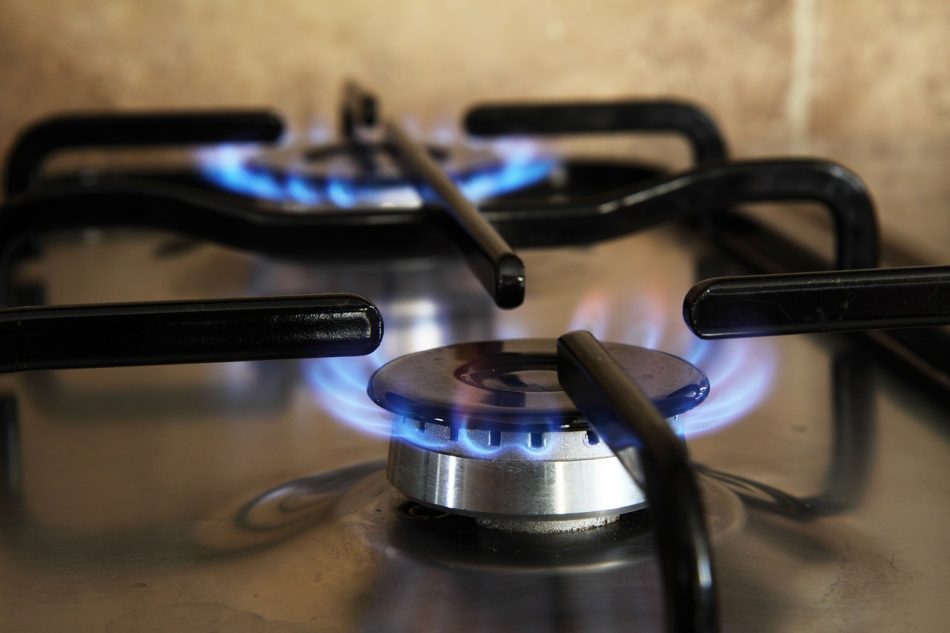With climate change being a recurrent topic of conversation, legislators and organizations are looking into all aspects that can be optimized to reduce our current climate impact.
The answer, legislators propose, is to push for electrification of our homes. This consists of changing the source of energy of our stoves or heaters to rely solely on electrical energy only, rather than gas or other non-renewables. The electrification of homes has clear benefits: if buildings reduce their dependence on fossil fuels, heating can be provided through clean energy sources. Taking into consideration that 39 percent of energy-related carbon emissions in the world are derived from powering homes, transitioning towards electrification would curtail global warming.
Electrification is currently happening in our urban areas. Last July, Berkeley became the first U.S. municipality to sign a law banning natural gas lines in new buildings. Since then, other cities in California have followed suit and have passed similar laws. On the opposite coast of the U.S., New York Governor Cuomo announced $2 billion to invest in building electrification and energy efficiency programs. In Europe, the city of Amsterdam has taken the lead with plans to eliminate domestic natural gas use by 2050.
It is important to notice that electrification itself won’t clean all of our problems. For the plan to be successful it is also required to sustain clean energy sources such as wind and solar. A combination of clean energy and electrification would ensure we have efficient and sustainable homes for the future.












